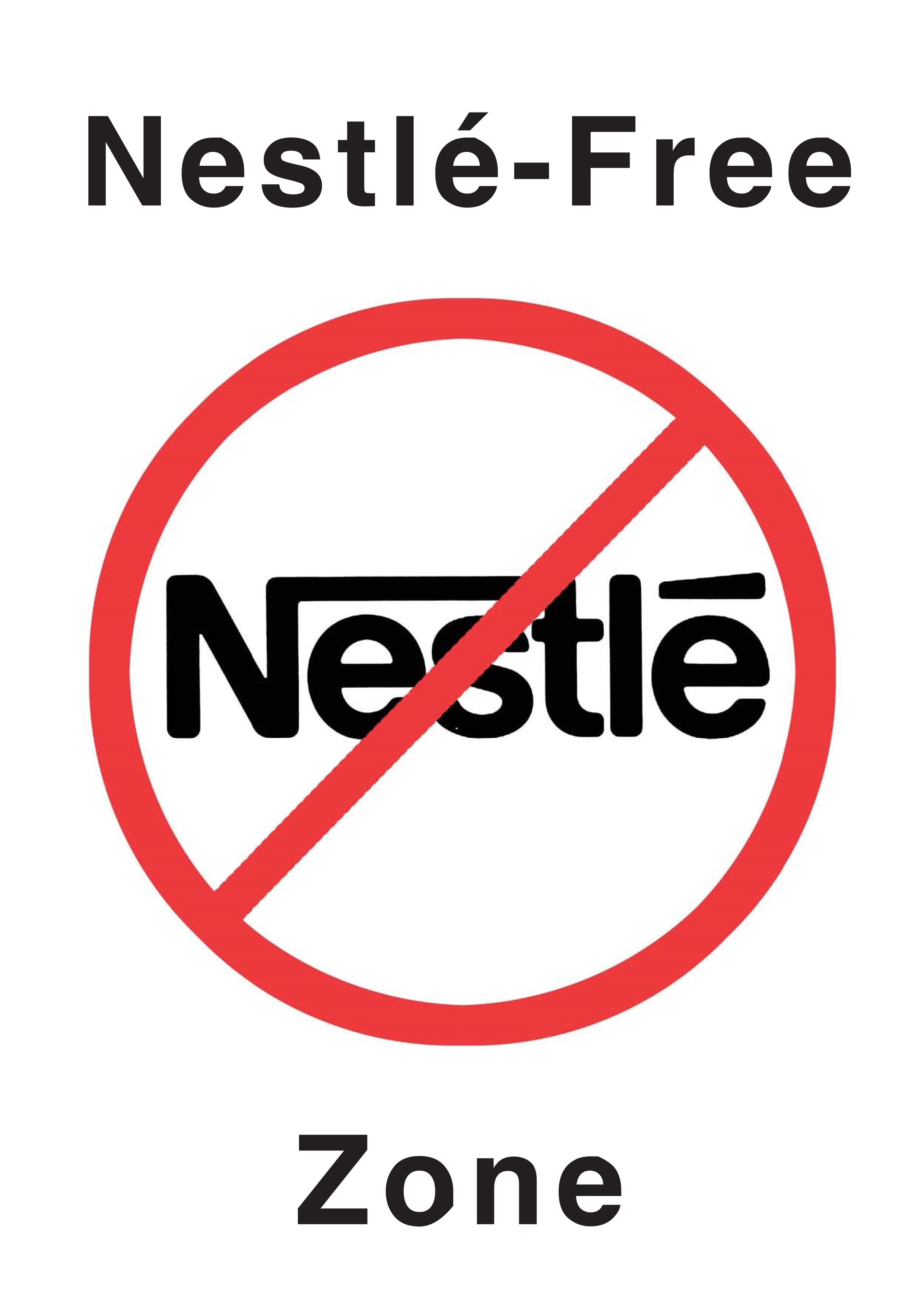International Breastfeeding Journal
The COVID-19 pandemic has significantly altered how breastfeeding support is provided, resulting in mixed breastfeeding outcomes and experiences for mothers. The World Health Organization has consistently supp...
Adequate breastfeeding and complementary feeding practices are paramount in fragile situations where access to food and healthcare is limited. The objectives of this study are to examine breastfeeding and comp...
Caesarean birth is associated with higher rate of non-exclusive breastfeeding (non-EBF) than vaginal birth. Non-EBF refers to providing food or fluid besides breast milk, excluding drugs and vitamins, to infa...
Positive breastfeeding experiences positively influence subsequent attitudes towards breastfeeding, and increase mothers’ confidence, self-efficacy, motivation and intention to breastfeed. However, the strateg...
Expression and storage of breastmilk is a strategy that ensures continued breast milk consumption in the event of temporary separation of an infant from the mother. However, many studies show that working moth...
Breastfeeding is crucial for the preterm infants. Breast milk is not only food but also medicine. Few studies have focused on the longitudinal effects of exclusive breastfeeding outcome of preterm infants sepa...
The RUBY randomised controlled trial was found to be effective in promoting breastfeeding continuation, in the setting of a high income country, through a program of proactive telephone-based peer support in t...
Early introduction of liquid/solid food before 6 months of age is one of the major barriers to exclusive breastfeeding. Our objective was to analyze the evolution of infant feeding practices for infants under ...
Coronavirus Disease 2019 (COVID-19) has spread worldwide. The safety of breastfeeding of SARS-CoV-2-positive women has not yet reached a consensus among the scientific community, healthcare providers, experts ...
The United Nations through its Sustainable Development Goals (SDG) 3 and 5 has championed Women empowerment for exclusive breastfeeding through various action plans and expected the concept to be decentralized...
Although breastfeeding-friendly workplaces are provided to promote an employed mother’s breastfeeding intention, few studies have explored breastfeeding intentions and behavior after a mother returns to work o...
Ranibizumab is one of intravitreal anti-vascular endothelial growth factor agents. It is applied in the treatments of choroidal neovascularization, age-related macular degeneration, diabetic macular edema, and...
Lactational mastitis is an extremely painful and distressing inflammation of the breast, which can seriously disrupt breastfeeding. Most of the evidence on the frequency of this condition and its risk factors ...
Common approaches to manage breastfeeding problems such as pain, blocked ducts, and milk production issues include breast compression, breast massage, application of warmth or cold, medications, and breastmilk...
Despite the health and economic benefits of exclusive breastfeeding, there is evidence of a decline globally and in Ghana. Previous studies addressing this problem are mostly quantitative with only a few of su...
In response to the COVID-19 pandemic, billions of people were asked by their state and local governments not to go to work and not leave the house unless they had to. The goal of this qualitative study was to ...
Governments must protect and apply maximum feasible resourcing to the protection, promotion and support of breastfeeding in order to meet their international legal obligations with respect to the human rights ...
The indigenous child population in Ecuador has a high prevalence of stunting. There is limited evidence of the association between breastfeeding, feeding practices, and stunting in indigenous children. This st...
Most Recent Articles: International Breastfeeding Journal
SubscribeFeliratkozás a következőre: International Breastfeeding Journal hírcsatorna

